A response to: “Anthroposophy and Waldorf Education: The Web as Will and Idea” – Can Digital Media be Redeemed?

Eugene has written a timely and well-considered article. As someone who has “grown up” (at the time of this writing I’m currently 33) watching and participating fully in the birth of the internet (I had an email address years before the world wide web existed), I am disheartened when anthroposophists shy away from what I consider to be an important task: the appropriate usage of these new kinds of technology.
By appropriate, I mean utilizing the technology as a means of furthering a progressive human development. Of course what constitutes “progressive” or “development” can be hotly debated, but for me this involves not just empowering people through providing access to information of an esoteric nature that they might not otherwise have, but in providing the context for the shared creation of meaning in ways that are dynamically capable of leading towards real transformation.
The ahrimanic nature of the internet lies primarily in the way that supports the decontextualization of meaning-making from the soul lives of its human participants. It allows us to abstract too easily, to decontextualize parts of ourselves in ways that challenge a healthy development. But at the same time the internet is the potential carrier of both luciferic impulses (getting willfully lost in online environments, expressions of rage, rampant self-satisfaction seeking opportunities, etc.) and Christ impulses as well.
As always, the Christ-like impulses are a bit more subtle, a little less oriented towards appearing with a particular veneer, but no less powerful for all that. I am speaking of how the internet is used to help bring groups of people together in ways that fosters both community and action, and which promote love and change. This occurs not merely through sharing information, but in the literal creation of an in-between space which can be filled with the soul-activity and spirit-light of individual wills. This, I think, is what it looks like to “redeem” the internet. It happens when people are given tools to become active participants in the dynamic creation of meaning that fosters transformation and love.
The challenge, as with the bringing into one’s heart of any Christ impulse, is that it occurs not by default, and not by control, but through a conscious surrendering of one’s will to a higher will, which is experienced both as a suffering and a redemption. Ahriman, I imagine, would like us to use the internet to manipulate and control so that we forget the much greater power available through this kind of conscious suffering, while Lucifer would be happy if we continued to use the internet to satisfy our desires and create infinite personalities for ourselves.
The alchemists understood that nothing could go untransformed if the magnum opus is to be achieved. Their saying “As above, so below; as below, so above” was not an academic one about correlation; it meant that in order to reach the highest potential available to us, we had to transform our lowest aspects. This applied too to the outer world: nothing could ultimately go unredeemed, and if we ever decide to “write off” some aspect of reality as beyond hope, beyond action, and beyond transformation, then the forces of darkness will claim a victory.
We must work together to build the world we wish to live in. It is a horrible mistake to try and divorce technology from morality, and to claim that “it’s all in how it is used.” Some technologies are more evil than others, but the internet is not an atomic bomb. The development of the internet, although beginning as a defense-oriented technology (not incidentally as a technology to help counter the potential effects of nuclear weapons), almost immediately was taken up and used for other means; primarily education. There are countless ways in which both the development and usage of the internet fosters healthy development of human beings–in ways not completely without strings, of course, but also not in ways that make its usage “unredeemable.”
What we cannot do is let the regressive impulses have their way with the internet and co-opt the minds and souls of human beings for their own uses without a Michaelic challenge, a challenge for the creation of spirit-based groups of individuals (which are different than just ‘groups’), a challenge to permeate the spiritual spaces of the internet with transformed will, with conscious sacrifice, with love of transformation and a transformation of love.


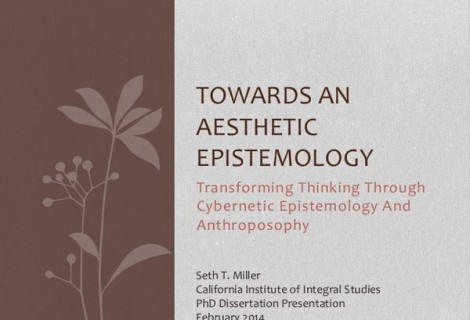
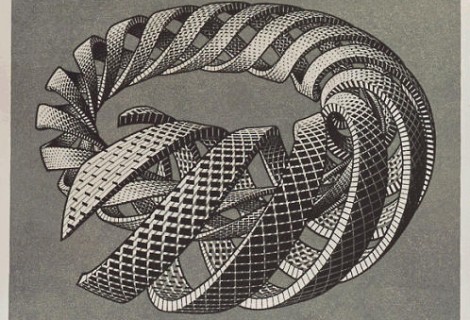
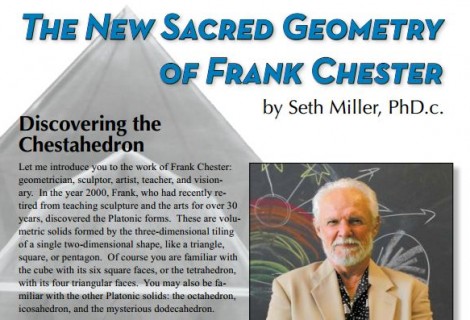
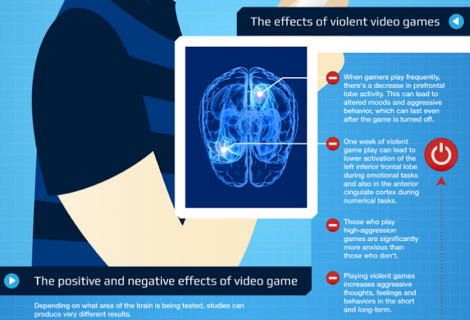
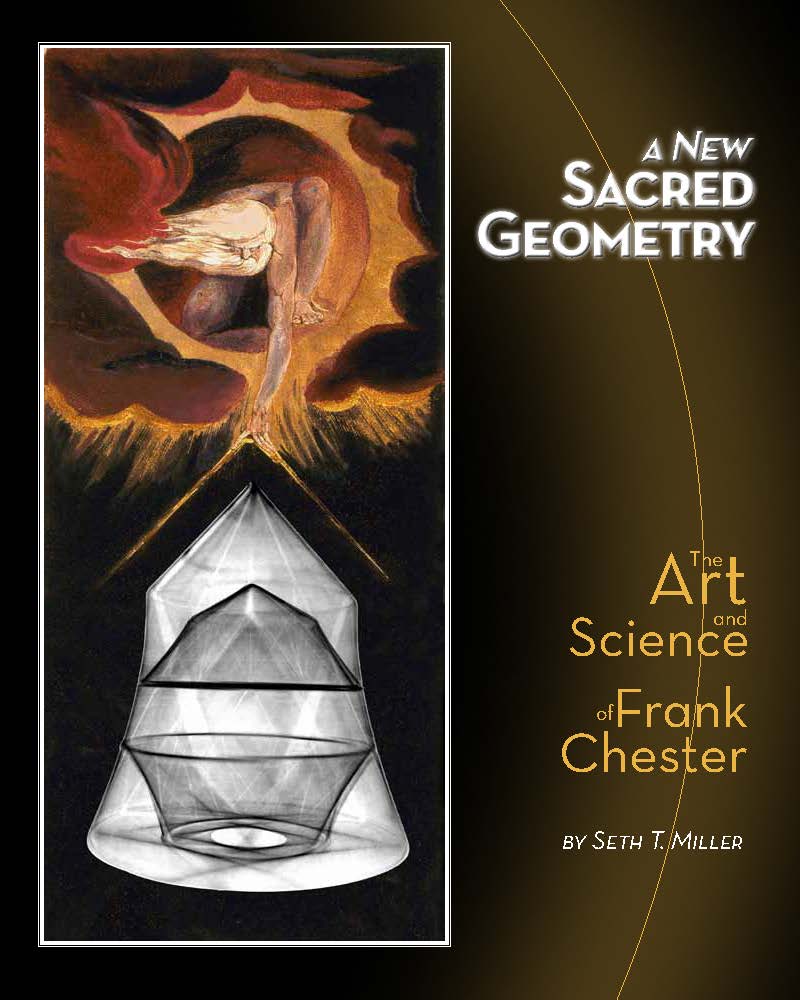
Seth, … this redemption need of digital media is why I started my work on creating videos for youtube. After a couple of years thinking about it (I am hopelessly phlegmatic), I finally got my production going, and it has accelerated during the period of the Holy Nights. Produced four videos three days ago, four more two days ago, and five yesterday (Dec 31st.). The response, while small, has all been very positive. My channel there is: "Joel 232001" (be sure to put the space in, if you go to visit). These things can grow as you know, so what will be happening a year from now is "who knows?". As to Prokofieff, well my comments on him can be found here: http://ipwebdev.com/hermit/Prokofieffbookreview.h… I'm glad to hear Eugene S. made a reply to Profofieff's latent and erroneous judgmentalism, and inability to actually think organically etc. Joel
Joel,
Thanks for pointing out your channel… I'll check it out!
Prokofieff in writing such an essay has given us material to meditate and ponder over and even though he
has expressed an opinion or the thread of his thinking, it is not nessesary to close the question revealed in this writing. A practicing alchemist would try to keep the question open!!!!!!! Or even try to create his own question giving us another facet to ponder etc. The question of what the being of the internet will morph into in the future, and our relationship to it is a very important one which can be easily trivialised in a few paragraphs of commentry. There are some things which just can't be explored and nurtured in this virtual box.
Svetlana
Svetlana,
Thanks for reading and commenting. To address your concern, I guess I am uncertain as to what makes you feel like the question is closed… In fact, I am in complete agreement that the question must continually be re-asked (otherwise it's no question at all, just a mere curiosity). Circumstances continually change, and our questions–if they are asked over and over–will necessarily shift and change as well, revealing new facets and letting others fall away.
But the whole thrust of my post is not about what the internet will morph into in the future, but what we do with it now. You are completely correct that "some things just can't be explored and nurtured in this virtual box." It would be ridiculous to try and squeeze all of what is potentially available for human experience into any virtual environment–but nobody is doing that here. :-)
The thrust of the post is meant to be a call to 'do what can be done' — in the present — to use the technology of the internet in Michaelic ways, and that it is a mistake to abandon the internet as "irredeemable" without making the effort to penetrate its activity with our own transformed wills. This means–right now, in this very conversation!–that we must work towards a higher impulse, and not fall into the patterns of objectification and judgment of the other, the little power struggles which are anathema to the Christ-being, because they dissolve "the space between", and keep both Ahriman and Lucifer happy.
The challenge to the soul is direct; it calls for a certain suffering. But it is a suffering that bears with it an inner steadfastness and awakeness, a suffering that has the potential to become a healing salve. What will happen if we–individually and collectively–shirk this task? What will fill these spaces when we remove the ability to manifest Love within them?
Arapacana,
Did you write the above commentry 'A response to…." ? Are you Seth?
If so, my concern is that Prokofieff gave his question very carefully, supported by a specific methodology, in a particular context, and your response is completely out of this context. You mention esoteric information in your above commentry but there is no such thing as esoteric information, but there is esoteric knowledge learned in the context of living in a human community unmediated by machines.
Virtual reality is a contructed machine reality, not a created (organic) actuality that incorporates the whole universe (there is a very subtle difference) and in my opinion to imbue a machineic reality with love is a missunderstanding and misuse of the creative quality of the Christ-impuls. Humanities future is in co-creating the Christ/love stream and in this action we redeem others. The question of redemtion is a very deep mystery that can only be approached in a specific mood of soul. Steiner's lecture on the Knights Templar might be helpful to this question.
I appreciate your efforts, I only hope my feedback is helpful to you. If not just let it go, keep working
and good luck.
Svetlana